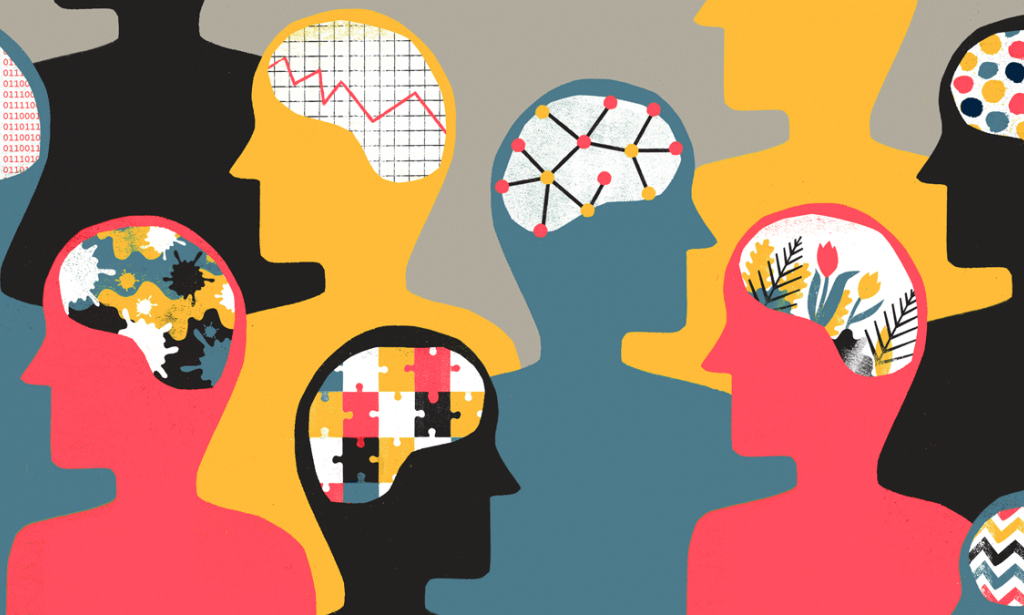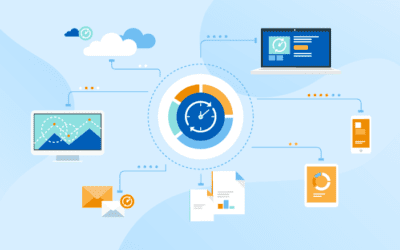Come the new year, we find ourselves assessing how the past year was, and how we can be better this year. How we can do more this year – in terms of work, interpersonal relationships, and other things that matter to us. We commit to being better, more productive. To make the most out of our work, to spending more time with our family, also fall into our list of resolutions. We promise ourselves to be healthier this year – to eat healthy and work out regularly. This year though, leave all these resolutions behind to focus on one single resolution, which is indeed the most important thing – your mental health. Why? Because being at a peak state of mind enables us in the best possible way – to deliver our best not only at work, but also in other aspects of our life.
Here are five simple ways for you to begin practicing your new year resolution.
-
Acknowledge the need for mental health
This is the very basic step towards practicing mental health care. Many of us feel ashamed to think that we may need to think about mental health as a separate aspect of health care. Getting rid of this stigma and acknowledging that not just you, but every one needs to focus on mental health is the first step. Remind yourself that you can either ignore this and wonder where you are going wrong, or acknowledge and start discovering your true potential.
-
Take care of yourself
Invest in yourself. Invest in self- care. Do the small things that make you happy, for yourself. Create your rituals and spread them through the day. For example, make it a point to meditate for at least ten minutes – first thing in the morning. Wake up early so you can read the news and have a cup of tea at leisure. Meet people who make you happy. Don’t be afraid to move away from people who make you sad or anxious. Understand that you are precious and people who you choose to give your time to, must understand this.
-
Never be sorry for taking care for yourself
Making yourself your first priority is never something you should feel sorry about, or allow anyone to make you feel sorry about. This is possible only when you whole-heartedly agree to, and believe in this. Keep reminding yourself that you can make other happy, only when you are happy. Remember, to give, you must first have.
-
If you need help, reach out
Without a moment’s hesitation, do so. Know that you are surrounded by people who love you, care for you and want to be there for you. All you need to do is reach out, and ask for help. You cannot expect people to know it when you need help, if you don’t really ask. So when you want to speak to someone, reach out. If you feel like what you are feeling right now is overwhelming you, ask for help from someone in a position to offer it to you.
-
Be an example – help others help themselves
Speak about how you are practicing mental health care. You realize how important it truly is, when you see how others are also benefiting from it. Tell your friends how staying true to your resolution has been helping you, and tell them about all the little things you have been doing. You never who may benefit from hearing you talk about how making mental health a priority has changed your life. Maybe hearing someone say it is just the push they may have needed to put them on a similar path.
Mindfulness as a gateway to Mental Health
In some of our previous posts, we have explored the concept of mindfulness and how mindfulness is indispensable to having a productive and satisfying work life. Mindfulness is indeed another facet of mental health. Being mindful is a beautiful way of reclaiming, and taking care of your mental health.
What does being “mindful” mean? Very simply put, it means being aware, being present in the moment. Or like our favorite phrase at OBOlinx, it simply means being “Happy in the Now.” In our endless pursuit for success, and achievement of goals in the world of work, we focus more on achieving the end result, rather than on the journey to get closer to our goals. Being mindful means to invest all our focus in the present moment, and not in the future.
Carolyn Gregoire, in her article on “How Mindfulness is Revolutionizing Mental Health Care”, speaks about how mindfulness is an effective way of taking care of your mental health.
We quote from the article,
More than 350 million people globally suffer from depression, and 1 in 13 people around the world have been diagnosed with an anxiety disorder. Overall, the World Health Organization estimates that roughly 450 million people suffer from some form of mental or neurological disorder — and that roughly one in four people will be affected at some point in their lives.
These numbers are staggering. With the rise of mental illness and the increasingly pressing need for effective treatments, there’s never been a more important moment for mindfulness — the ability to cultivate a focused, non-judgmental awareness on the present moment. Research has shown mindfulness and meditation-based programs to hold promise for treating a number of psychiatric conditions, including depression, anxiety, post-traumatic stress disorder, bipolar disorder and obsessive-compulsive disorder.As research has mounted in recent years, mindfulness has migrated from spiritual retreat centers to medical facilities. Now, the National Institute of Mental Health (NIMH) — the largest scientific organization in the world dedicated to research on the understanding and treatment of mental illness — is getting serious about investigating mindfulness as a complementary treatment for a range of mental health conditions.
Mental Health Awareness at Work
Centuries of stigma associated with mental health have today brought us to a stage where it takes a huge amount of effort to even acknowledge that one might need a mental health intervention. The culture we are a part of, has never made mental health a priority. And the people who have done it, are perceived as ‘lesser’ individuals. Thus, the stigma continues to be perpetuated. It is a proven and researched fact that at least one person in twenty five has a mental health issue. This problem can be tackled in a significant manner by creating awareness about it in the world of work. There is an urgent need to build in awareness regarding mental health into organizational cultures.
By creating a work environment where the employees have access to basic mental health resources, should they need it, is a great way of showing support for mental health concerns. When we say resources, we mean very simple, basic resources, which in fact should become a norm. For example, a counselor at a designated desk. If the organisation cannot afford a full-time counselor, you could bring someone on board for 2 or 3 days a week and he/ she could be made available on appointment. Similarly, other easy ways are by creating a resource pool of short video clips or documents on mental health which could be circulated amongst the employees on email.
Mental Health First!
When we speak about health, we think about the best food for our body, the best gym to go to stay fit, the best healthcare to access in case of an issue. We seldom think of our mental health with the same urgency, or approach. This is a very strange phenomenon given the fact that it is the state of your mental health which becomes a guiding force for everything you do.
Why do we have problems focusing on a task? Breakdowns and burn outs are very common today, why? Why do we find it so hard to sustain and nurture relationships? Given the pace that the world expects of us, it is not a surprise that we all face these problems, and more. However, by focusing on preserving and nurturing your mental health, and never being afraid or ashamed to reach out for help, we will truly succeed in taking care of ourselves, and others. Write this down on a sticky note and stick at home and in your workplace, so it serves as a gentle reminder – “My Mental Health before Anything Else!”




